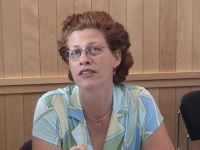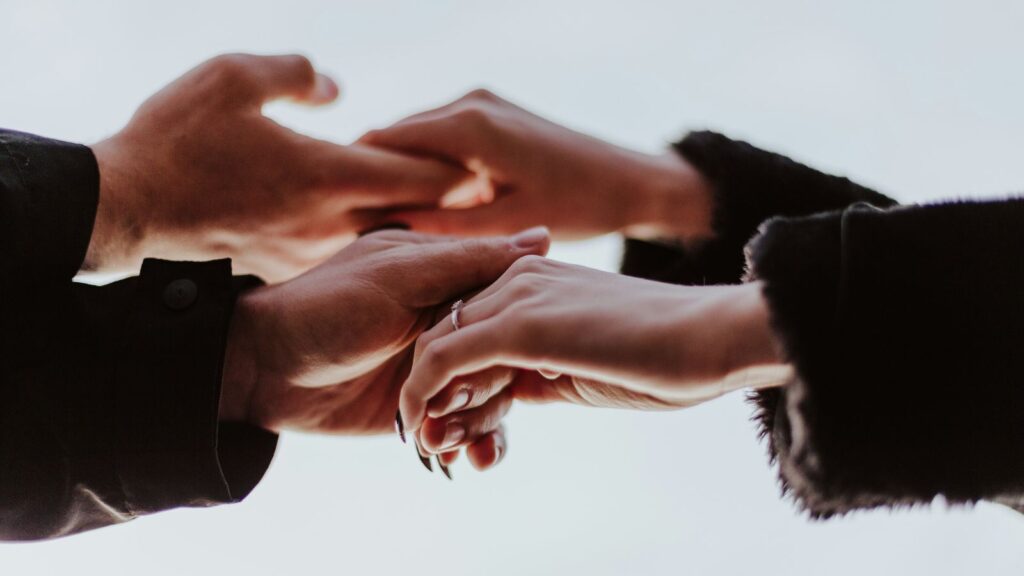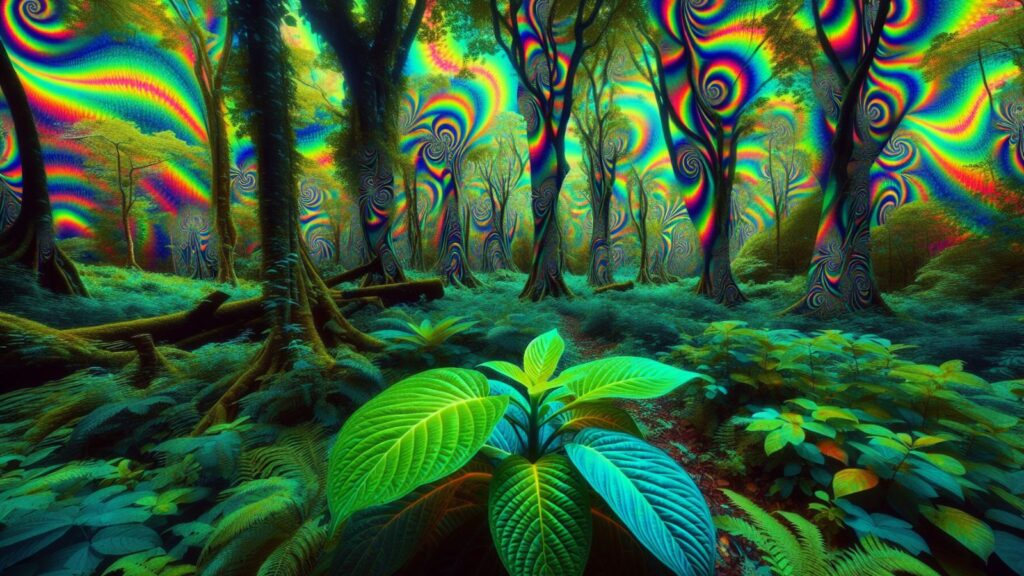At the Associated Writing Programs conference, I had a chance to sit down and speak with the poet Laura Mccullough. Laura was a panel speaker at a forum devoted to the discussion of mirror neurons and their involvement with the creation of art, specifically creative writing.
Laura's new collection of poetry to be releasesd from XOXOX press in January of 08 is entitled What Men Want.
What do men want? What inspired you to write these poems?
I grew up in a family with only brothers on a street with only boys. Up until recently, I only had sons. My life has been defined by men. The poet, Ross Gay, and I were discussing this one day, and he suggested I am a male-identified woman. I thought that was very interesting. I learned rules of boy culture before I learned the code of girlhood.
As to what men want, well, one of the men that has really influenced me is Stephen Dunn. My first creative writing workshop was with him. He was not famous then, and even if he had been, I would have been oblivious to it; I was seventeen and a particularly naïve girl. I recall many things from those classes, but one thing came to me in response to your question. Stephen told a joke one day, the kind of joke that is a little bit funny and a lot wise (I suppose that makes sense coming from him). I can’t recount the joke, but it was about what women want, and the punch-line was something like this: women want self-agency.
I remember actually quarreling with this joke in my very silly, rather airy head: I thought (and I suppose I still do think) that women want agency, but they want more than that. I guess I think that’s what men want as well: agency and more than that. As to what the latter is, if I could say it, perhaps I wouldn’t have had to write a whole lot of poems around the subject.
Seriously, the poem in the book that the title comes from is “What Men Really Want.” It is jokingly called the “blow job” poem by some of my friends, and, yes, that figures into the poem. I read that poem a couple of years back at Bread Loaf and it got me quite a few interesting responses. One was from a man who hadn’t heard the poem, but had heard about it. He came up to me at dinner one night, plopped down hard in his chair, leaned back, scowled and said, “So, you’re the one who wrote the blow job poem, right?” I said yes, chuckling a little, expecting some of the good-natured ribbing I’d been getting over it. This guy didn’t think it was too funny though. “So,” he went on, “What is it? Just another ‘Men are jerks, and all they want is sex’ poem?”
Now, I should say that this man was a heavy hitter, a writer with a name, and he wasn’t kidding around. I was taken aback. I was being asked to step up to the plate and justify myself. I told him what the poem was about, how it started, and how it ended. He smiled. He even winked at me. “Okay,” he said. “I get it, and it’s cool.”
Now, without giving it away, I felt really relieved. The poem is a love poem, and he understood that. Mostly all of the poems in the book are love poems to men in a goofy kind of way. As to what men want, I’m hoping that as the book acquires an audience, I will finally find that out, and I’m editing a feature for an issue of SLOPE of poems from men on this subject. The work that’s coming in is searing. There’s a lot of anger out there in men, a lot of shame. These subjects were big issues for women in the 60s and 70s, but no one talks about male anger and shame. We need to, I think; as women we need to do what we asked me to do for us: listen. Yeah, I know that’s what we were trying to get freedom from: but it’s time we asked the men in our lives what they feel.
How did you first come to writing about mirror neurons, and what role do you feel that mirror neurons might play in understanding the differences in genders? Is gender evolving?
I’ve always been interested in science: cosmology, biology, cognitive science to name a few areas. When I became aware of the discovery of mirror neurons, I was intoxicated by it; they’re calling it the New Science of Empathy. It’s a major breakthrough in research on autism spectrum disorders, but I was fascinated by the implications for understanding aesthetics. I explored that in my paper, “In Defence of Shelley: Mirror Neurons and a Theory of Poetics.” I think that there is a lot to be considered regarding how we know, how we empathize, how we apprehend art. I haven’t considered how these brain cells may be useful in considering gender or sexuality. It’s an interesting question. I don’t know if there’s any research about that being conducted, but this is a new area.
Is gender evolving? I hope so. I sure hope so. That’s all I can say on that right now.
I don’t think gender is really a major part of my work, actually. My first collection of poems, The Dancing Bear, was an effort to claim, dance with, coax out, perhaps, my daemon, ala Lorca’s concept of the Duende. What Men Want are mostly narrative poems processing my experiences as a woman who loves men. My third manuscript, Mirror Neurons, is more lyric and abstract and the poems concern themselves with ideas: the body versus the mind, the cerebral vs. the sensual, the sexual vs. the intellectual, with aesthetics, and the concepts of evil and goodness, of duality. My newest work, which can be seen up on Muddlark, is a chapbook of prose poems, Elephant Anger, and I’m in whole new territory there: who knows what they’re about? Not me, not yet anyway. They have more torque, more crust, less white bread. You have to drink a lot of water to swallow them. Gender? No clue.
Do you feel that feminism still has an important place in ongoing cultural dialogues?
I have had many good feminist teachers, both male and female. I do not call myself a feminist and never have. I wouldn’t join my college’s Women’s Union because it excludes men. Very uncool, although I understand the argument. Many of the men I know who call themselves feminists — some of whom are men I love – also exhibit deep self-loathing over their own masculinity because of the shame they have acquired about maleness. How can I embrace something that turns people I love into perpetrators, tyrants, and villains? Yes. It is easy in this culture to forget that women around the world are killed every day, are sold into slavery, are ignored, demeaned, tortured because they are seen as less than human. This is utterly deplorable; it’s beyond imagining, and yet it is true. But to say that men are evil based on their gender is as single-minded, and wrongheaded in my view, as the worldview that doesn’t allow women to be people.
So what do I mean exactly by this rather reductionist stand? I felt very early in my life, and certainly by the time I started having babies, all boys, I might add, that men were victimized by the same political, economic, religious, cultural and social systems that oppress women, and further, that women would NEVER achieve real agency without recognizing this and seeking to “liberate” men.
As boys, men are ushered into a violent world. First, many of them experience genital mutilation. Many of the women who would champion (rightly, and I teach about this regularly in my freshman classes) an end to female genital mutilation practices have nary a word to say about the baby boys whose foreskins are hacked off. Sure, it’s not an exact analogy, and boys aren’t too likely to die from the experience, but it is only the first of many kinds of violations boys are subjected to in our culture. Boys are systematically raped emotionally – there you go, I’ve gotten inflammatory – boys don’t cry, be a man; buck up; don’t be a sissy; don’t be a fag; don’t be a girl; if you play football you’re worthy; if you paint flowers, you’re a pussy; don’t play with dolls; don’t be a momma’s boy; don’t cry; don’t cry; god damn it, don’t cry. How about this one which I’ve seen on joggers in my neighborhood: pain is only weakness leaving the body. No whining around that guy, please!
I am not being hyperbolic. Boys are stripped of their emotional lives. It is literally and metaphorically beaten out of them in their families, in their relationships with their mothers and fathers – who are often emotionally absent – and through the media. The public school system is largely an emotional battlefield for boys, and they learn very early on that to survive is to mutilate themselves inside: to kill off parts of what makes us human.
And then they behave like the animals we trained them to be. Whose fault is that?
Feminism didn’t save the men who are screaming for our help and our understanding. It demonized another set of victims. That’s what victims often do, isn’t it? Oppress another oppressed group?
I’m a humanist. I sympathize with men. I like men. I think until men have access to a full range of choices (like staying home and raising their sons if they want to), and until boys are treated with the gentleness and sensitivity with which we (in the best cases) treat girls, than we are all in danger, men and women alike.
How do you deal with the touchy issue of appropriation: writing about men as a female?
All human experience belongs to all humans. We are each an accumulation of lenses that have been shaped uniquely: sexuality, race, age, gender, class, personal tragedy and success, physical ability or limitation, religion, and so on and on. I am appropriating nothing. I am writing out of my experience and through my lenses. I suspect I’ve thought about men more than some people might have, but these poems are not written from a man’s perspective; they are poems about masculinities from a female perspective. Not a few are about my sons, as well, from a very mother-centered point of view, although I largely reject the myths of motherhood in favor of being an active parent.
Do you feel that poetry is still an effective medium for the catalyzing of consciousness evolution? Is poetry a forgotten form of writing?
Poetry is not forgotten. Poetry as something lots of people in our culture spend time with is another story. People are writing; people are not all reading. It’s like other things in our culture; we do a lot of eating, not so much cooking. We do a lot of driving around, but don’t do enough looking. Learning to be a good reader is an art. We need to applaud our readers. But poetry isn’t dead, and the need and drive to write is quite alive. The connecting with each other is what we need more of.
In workshops, we teach our students to not be interested in the writer, the poet. It’s a mark of a novice if a student is fascinated by the poet’s bio, their charisma; we teach them to apprehend the poem, the artifact, the art standing alone. I’m coming to a point where I am questioning this. It seems to me we want from poetry the ability to come in confluence with “mind,” and, in that sense, the poet matters very much.
The Visiting Writers Series I founded has taught me a lot about bringing poetry to a non-poetry sympathetic audience. Students will try to read the poets and poems they’re assigned, and some may like it, and some may get it, but there’s nothing like being in a room with 75-100 freshman at their first poetry reading and watching them come alive as the poets turn them on. It matters. It changes people. Hey, it’s the mirror neurons being activated, the brain cells of empathy.
Maybe if Alberto Gonzalez had gone to more poetry readings before law school, he wouldn’t be such a good writer of lies, and the Geneva Convention wouldn’t be something he thinks deserving of satire. Yeah, cheap shot, I know. But, as a practicing poet (as opposed to a professional one!), it pisses me off that our government steals and transforms language and uses it as a weapon against humanity.
Yes, poetry matters – evolution? I don’t know. Politically, against all evidence to the contrary, I say, yes, yes, bravo, and yes.
Here is a poem of mine entitled "The Summit."
Summit
It took eleven drinks, several of wine
and then of vodka for my father to tell
his son in law, I love you. He had his arms
around both of us and a lifetime of love
carried on shoulders like a burden — Atlas
holding up the world – through re-imaginings
and incarnations to this one fairly pain free
and less fraught moment. It was as if –
we’d all traveled abroad and had stories to tell
of where we’d been, travails of travel a matter
of laughter after the fact –
and here we were on the edge
of a void, none of us tethered together
by anything more sophisticated or less frail
than, simply, the good fortune of arrival,
and it was, for my father, time for confession
to this man who wasn’t his blood, You love
my daughter, but that isn’t it. You are the man,
he said to my man, I hoped to be. In his eyes
I saw how hard he’d climbed hand over hand
until this moment when two men I love
clasped me in the warm tent of their bodies
and called each other sweetheart.











